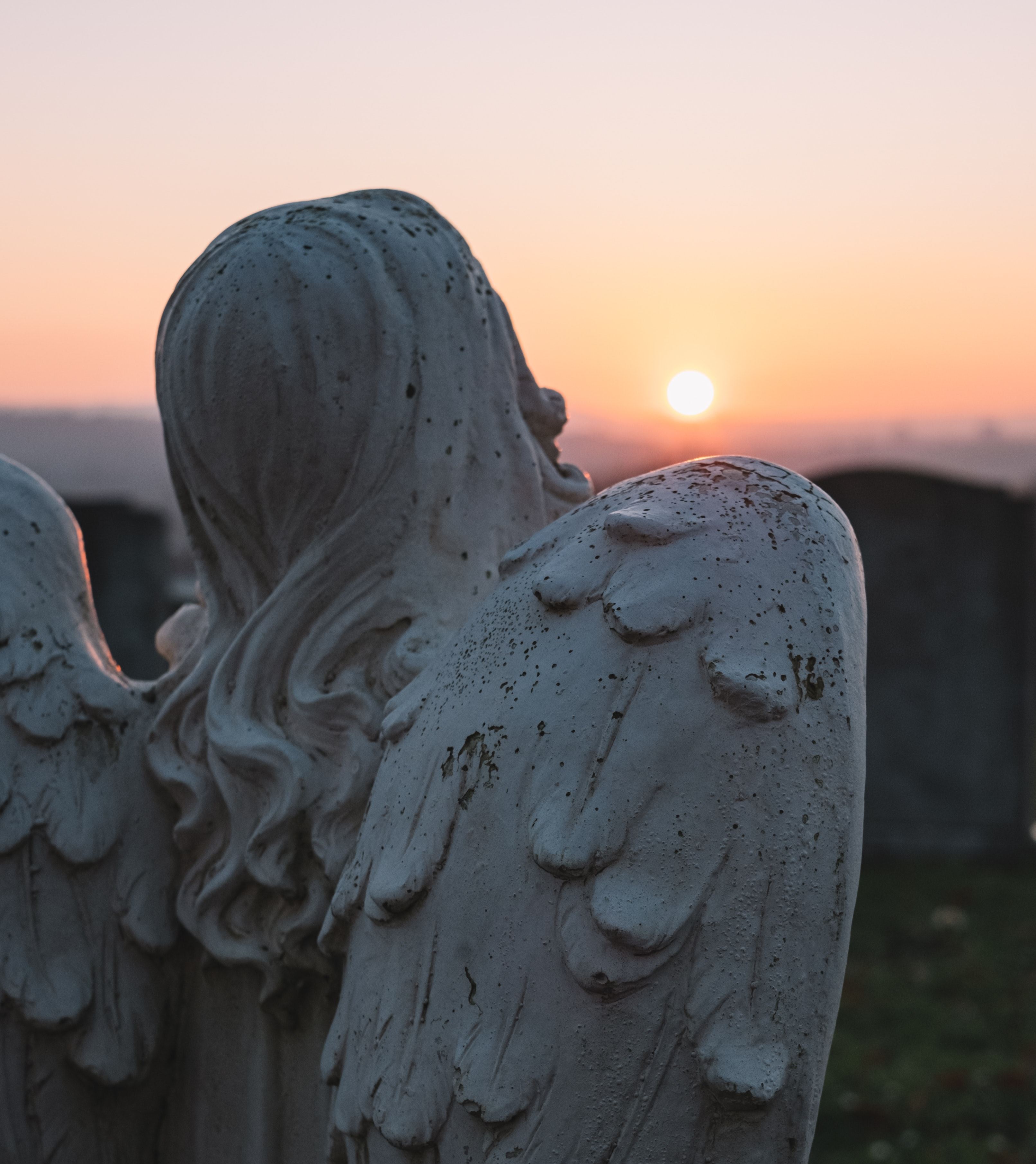In New York State, any motor vehicle accident that results in death will result in a DMV inquiry into the circumstances of the accident. These hearings are held pursuant to section 510(3) of the Vehicle and Traffic Law.
I’ve done many fatality hearings, and they are uniquely somber affairs. There are no winners here. If, as a driver, you are involved in such an accident, you will bear those scars for the rest of your life.
The fatal accident hearing is purely a DMV inquiry as to whether the Department should take any action against your driver’s license based on the accident. It is completely unrelated to any criminal charges, traffic violations, or civil suits that may emerge from the situation. As the driver, you could be sued by the decedent and settle for a huge sum of money — but also win the fatal accident hearing. The fatal accident hearing addresses solely your privilege to drive a car in New York State. There are no settlements here. Every fatal accident hearing goes to trial.
The hearing itself is quite informal. Back before COVID-19, they were held in the offices of a DMV Administrative Law Judge at one of a handful of locations in the state. The participants sat around a table while the judge sat behind his or her desk. Today, in the post-pandemic world, these hearings occur via WebEx with the parties all at different locations.
The estate of the decedent is also informed of the hearing, and they have the option of being present. Keep in mind that the estate is not a party in the fatal accident hearing — the parties are the motorist and the DMV. The estate is invited solely as a matter of courtesy. This means that they are not permitted to testify or otherwise take part in the hearing, just to observe. From my experience, it’s quite rare that a representative of the state appears, but it does happen from time to time.
The judge will read the accident report into the record. In many cases, this is the meat and potatoes of the hearing. The report will detail the facts of the case, at least in the eyes of the police officer who filed it, and may assign or imply fault to the driver or another party.
If the police officer who compiled the report is present, he or she will testify. It’s quite rare that the officer actually witnesses the accident; usually, they are called to the scene after it’s over. The officer is testifying why they reached their conclusions in the report. If there are witnesses to the accident, they too will be invited to testify about what they saw. You or your attorney are allowed to cross-examine the police officer and any other witnesses who testify.
As the driver, you do not have to testify. But your refusal to testify may be held against you by the judge. (In describing this to you, the judge will likely use the phrase “negative inference.”) This is not a criminal trial, so the Fifth Amendment right against self-incrimination does not apply. The decision about whether you should testify or not is a strategic one that you and your lawyer will make based on the facts of your case.
If you choose to testify, you can expect that the judge to ask you questions. Once you “open the door” to testifying in your own defense, you also allow other parties to interrogate you.
If you have an attorney, the hard work begins here. After you rest your case, your attorney may make motions of law to dismiss the charge. Then the attorney will make a summation, or closing argument, detailing why the particular facts of this matter do not reach the level needed to suspend or revoke your license.
At the end of the trial, the judge will usually “reserve decision.” This means that the judge will review the facts of the matter, evidence presented, and arguments made, and will then write up a decision that will be mailed to the parties. Usually, you will know the results of the hearing in a few weeks.
The judge has considerable discretion in deciding these hearings. The judge can take no action against your license at all — this is the desired outcome for the motorist, of course. The judge can suspend your license for any amount of time up to 365 days. Or the judge can revoke your license. The latter is the worst-case scenario. If your license is revoked, it might be quite a while before you legally drive in New York again.
As your attorney, I will do everything in my power to get you the best possible outcome in your fatal accident case. I’ve fought and won many of these hearings. “No action” is always the goal. But in some cases, if I can cast enough doubt on elements of the case, I can convince a judge who would otherwise issue a revocation to instead levy a short suspension. For some motorists, this alone is a huge win.
Fatal accident hearings are very serious matters with dire consequences. And they are excruciating experiences for everyone involved. I can help you get through this ordeal as painlessly as possible, and I can give you the best chance at a good outcome in the hearing.


